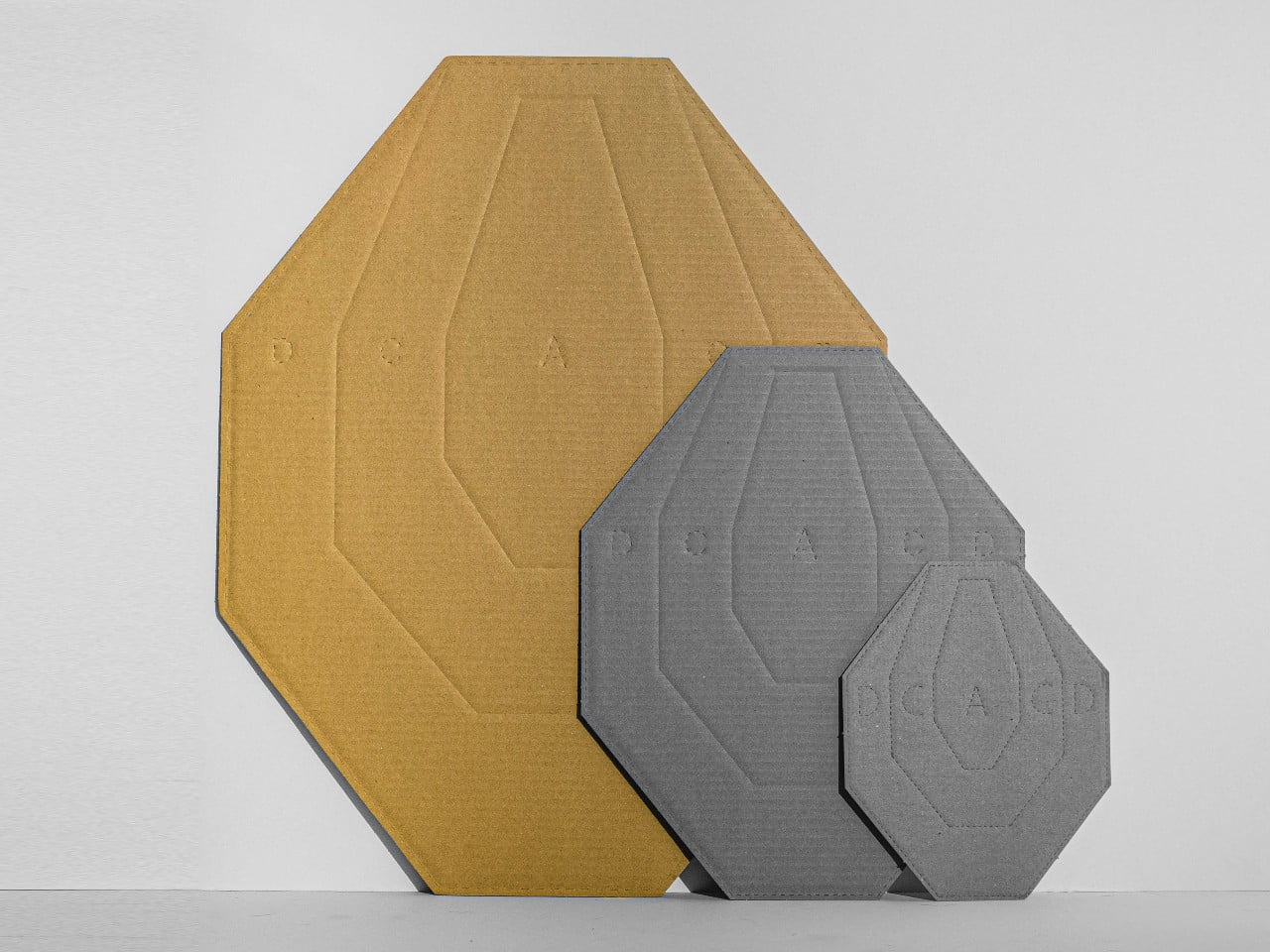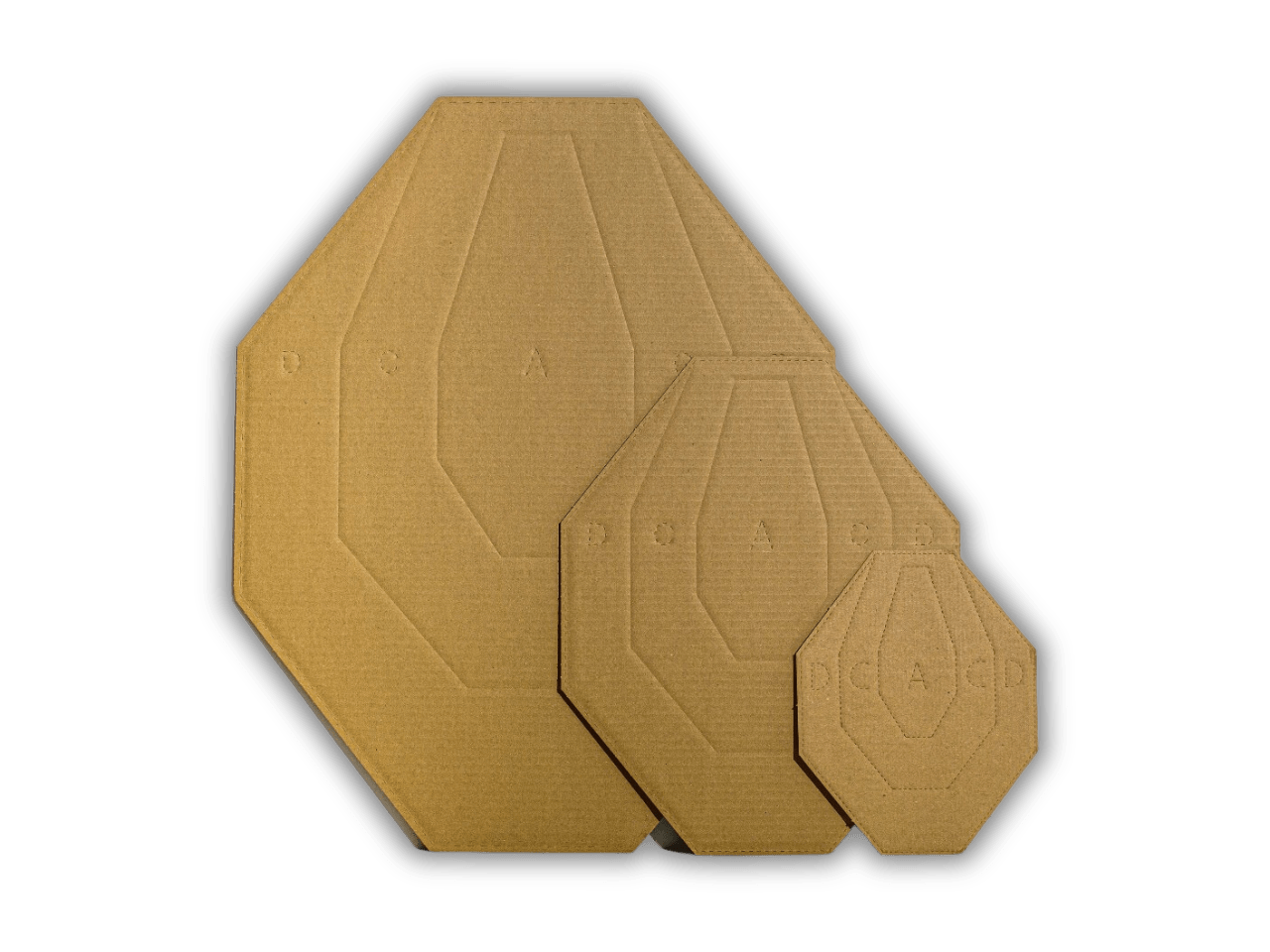
The Psychology of Effective IPSC Competition Targets
Introduction
In the world of IPSC (International Practical Shooting Confederation) competition, the function of targets can not be ignored. They play an essential part in figuring out the success or failure of a shooter's efficiency. But have you ever questioned what ensures IPSC competitors targets more successful than others? What is the psychology behind creating targets that not just challenge shooters however also improve their skills? In this short article, we will delve into the intricacies of the psychology behind successful IPSC competitors targets and check out how they can affect a shooter's performance.

The Significance of IPSC Targets
IPSC is a requiring sport that requires accuracy, speed, and accuracy. It challenges shooters to engage with dynamic scenarios that imitate real-life circumstances. The targets utilized in IPSC competitions are created to replicate potential hazards or obstacles that shooters may come across in real-world circumstances. These targets are not just static items; they are interactive and need shooters to make split-second decisions.
The psychology behind successful IPSC competition targets depends on their ability to evoke specific reactions from shooters. These responses can range from target acquisition and recognition to decision-making and shot placement. Each element plays a substantial role in determining a shooter's success during an IPSC competition.
Understanding the Shooter's Perspective
To develop effective IPSC competitors targets, it is vital to understand the psychological aspects that influence a shooter's efficiency. By understanding these elements, target designers can create obstacles that press shooters to carry out at their best.
Mental Focus and Reaction Time
One of the essential psychological consider shooting sports is psychological focus. Keeping focus in the middle of distractions is crucial for success in IPSC competitions. Targets that require fast reactions force shooters to remain psychologically sharp and make split-second decisions under pressure.
Decision-Making Under Stress
IPSC competitors frequently involve high-stress scenarios where Shoot N' Train action air swinger targets meaning shooters must make important choices quickly. Successful targets need to duplicate these circumstances and obstacle shooters to think and react quickly. By creating targets that mimic real-world circumstances, shooters can practice decision-making under stress Shoot N' Train action air moving targets for sale and enhance their general performance.

Visual Understanding and Target Acquisition
The capability to quickly acquire targets is another important aspect of successful IPSC competition targets. Shooters need to be able to determine and engage targets Shoot N' Train ipsc action air rules precisely and efficiently. Targets that are designed to check visual perception and target acquisition skills can assist shooters develop these essential abilities.
The Function of IPSC Action Air Targets
IPSC Action Air is a variant of IPSC competitors that utilizes airsoft weapons rather of conventional firearms. While the main focus is on fun and training, the psychology behind effective IPSC Action Air targets remains the exact same. These targets need to challenge shooters mentally, physically, and emotionally.
Mental Challenges
Successful IPSC Action Air targets should provide psychological challenges that require quick decision-making and analytical skills. By including elements such as multiple target engagements, hostage circumstances, or shoot/no-shoot situations, these targets press shooters to believe under pressure.
Physical Challenges
IPSC Action Air targets need to also supply physical obstacles that test a shooter's agility, speed, and precision. Targets that need shooters to move while engaging or engage from unconventional shooting positions can boost a shooter's physical abilities.
Emotional Engagement
Emotional engagement is a crucial element of successful IPSC Action Air targets. By mimicing real-life situations that evoke feelings such as worry, stress, or excitement, these targets create a more immersive experience for shooters. This emotional engagement can add to better mental preparation for real-world shooting situations.
IPSC Equipment and Devices for Effective Competition
While the psychology behind successful IPSC competitors targets is vital, the gear and devices utilized by shooters also play a considerable role in their efficiency. Let's check out some necessary equipment and equipment that can boost a shooter's success in IPSC competitions.
IPSC Premium Targets
Using top quality IPSC premium targets can significantly impact a shooter's efficiency. These targets are developed to withstand duplicated hits and supply clear visual feedback when shot. Their toughness guarantees that shooters can practice thoroughly without worrying about target damage.

IPSC Range Equipment
The range equipment utilized in IPSC competitors is equally essential for success. From shooting bays and barriers to props and cover, the variety devices ought to replicate real-life circumstances as closely as possible. This enables shooters to practice in an environment that closely resembles the difficulties they might deal with in real situations.
IPSC Range Targets
IPSC variety targets ought to provide a range of obstacles for shooters. Various shapes, sizes, and engagement distances can check a shooter's precision, precision, and decision-making abilities. By using a varied series of targets, shooters can develop a well-rounded ability that equates into success throughout competitions.
FAQs
- A: Successful IPSC competitors targets difficulty shooters psychologically, physically, and emotionally. They need quick decision-making, problem-solving skills, and need dexterity, speed, and accuracy from shooters.
- A: While both types of targets aim to challenge shooters, IPSC Action Air targets use airsoft guns instead of conventional firearms. They provide psychological difficulties, physical obstacles, and create psychological engagement for an immersive shooting experience.
- A: Psychological focus is crucial in IPSC competitions because it enables shooters to maintain concentration in the middle of diversions. It allows them to make split-second decisions accurately and efficiently.
- A: Visual understanding plays a significant role in successful IPSC competitors targets as it permits shooters to quickly acquire and engage targets. Targets that test visual understanding skills assist shooters develop this essential ability.
- A: IPSC equipment and devices, such as exceptional targets, variety equipment, and range targets, add to a shooter's success by supplying toughness, reproducing real-life scenarios, and using a diverse set of challenges for skill development.
- A: Emotional engagement is very important in IPSC Action Air targets as it replicates real-life scenarios and stimulates emotions such as fear, tension, or excitement. This improves psychological preparation for real shooting situations.
Conclusion
The psychology behind effective IPSC competitors targets surpasses mere visual ipsc targets appeals or performance. These targets are thoroughly developed to challenge shooters mentally, physically, and mentally. By understanding the psychological elements that influence a shooter's performance, target designers can develop challenges that push shooters to reach their complete capacity. Furthermore, the equipment and equipment used by shooters play a vital function in their success throughout IPSC competitors. By incorporating high-quality targets, variety equipment, and Shoot N' Train airsoft moving targets large range targets, shooters can improve their skills and improve their general efficiency. So the next time you step on the IPSC range, bear in mind that the psychology behind successful competitors targets is an integral part of your journey towards ending up being an effective IPSC competitor.